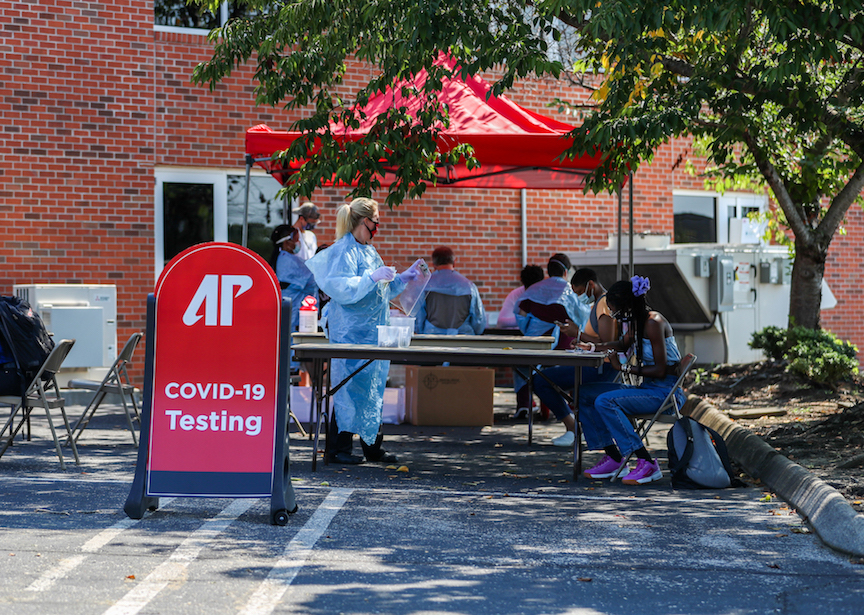Austin Peay to enhance COVID testing, give up to 25,000 vaccinations in coming months
(Posted Dec. 18, 2020)
Austin Peay State University officials expect to administer up to 25,000 COVID-19 vaccinations in the coming months to university students, employees and their families.
Additionally, Austin Peay plans to open a new clinical laboratory Jan. 4 on campus that will help university healthcare workers deliver quicker, more accurate COVID-19 testing and results.
The news comes as the COVID-19 pandemic has intensified across the country and in Tennessee, where the state is averaging more than 8,000 infections and 70 deaths per day.
Vaccinating up to 25,000 people
Austin Peay will be one of the vaccination pods in Montgomery County, said Dr. Heather Phillips, director of the university’s new clinical laboratory.
“We would not only vaccinate the Austin Peay affiliates – the students, staff and faculty – but we would also be responsible for vaccinating their family members,” Phillips said on Thursday.
Phillips’ lab has an “ultra-freeze” freezer, which is necessary to hold Pfizer’s vaccine.
These freezers are “very hard to come by, they’re very pricey and most people don’t have them,” Phillips said. Joey Smith, Montgomery County’s public health director, “asked if the university would be willing to help not only store the vaccine for the Clarksville community, but if we would also be willing to vaccinate part of the community.”
Phillips is hiring nursing staff and developing a schedule to support the effort, “vaccinating on the upward end as many as 25,000 individuals in the coming months.”
Opening a lab for on-campus testing, results
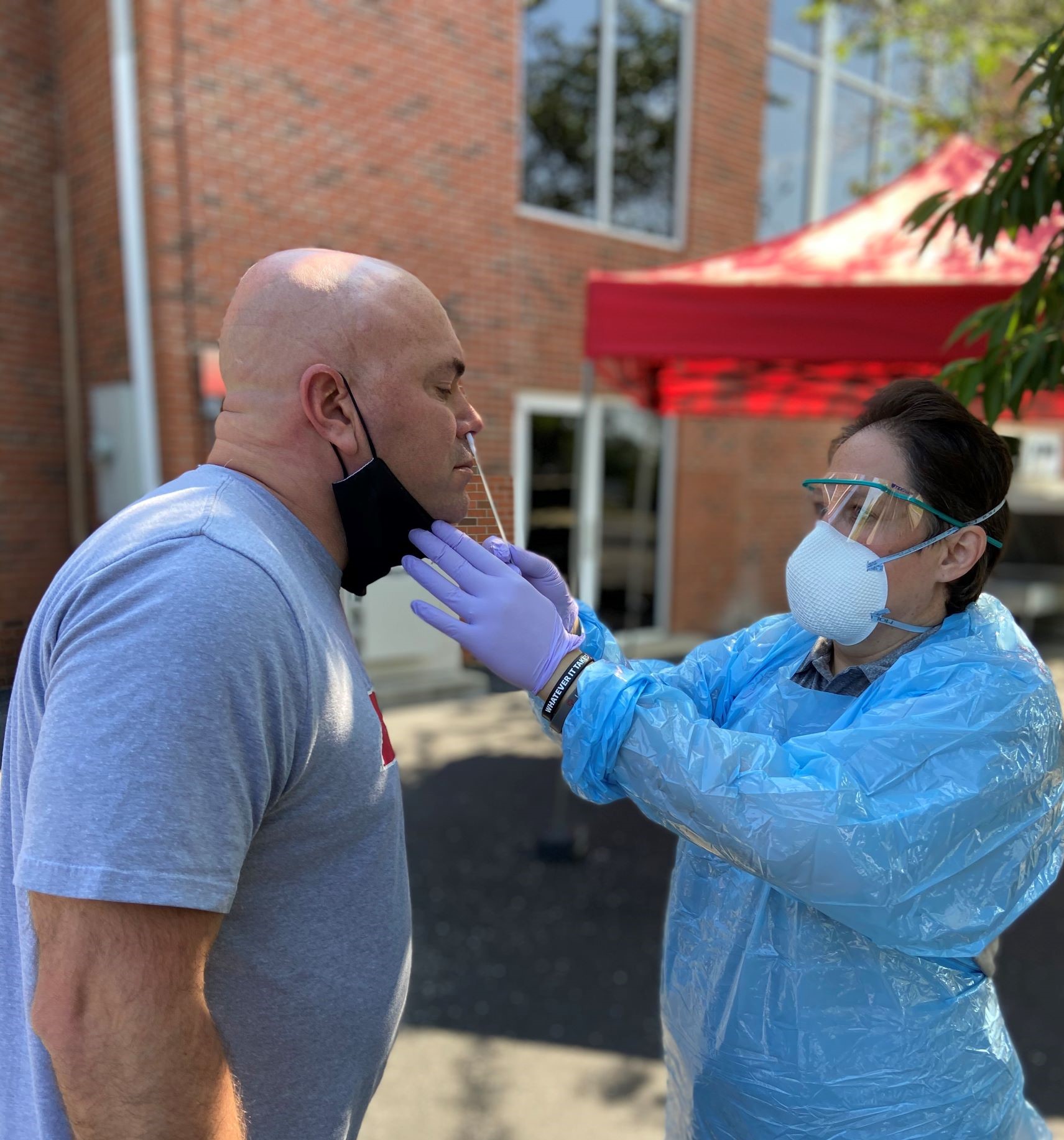
Phillips has set up a SARS-CoV-2 testing lab at Boyd Health Services on campus to perform PCR testing. SARS-CoV-2 (aka the novel coronavirus) is the virus that causes COVID-19. PCR (nasal swab) testing is the gold standard of novel coronavirus detection.
“The PCR method is where we’re looking for a little, unique snippet of RNA,” Phillips said. “If (a patient) has that little snippet that tells me they have the virus.
“This method is as close to 100% accurate as science will allow us to get, 99.999% accurate,” she added.
Phillips and her team currently send test samples to Everlywell for results, which reduces test accuracy and slows results (currently about five days). The new lab will preserve accuracy and deliver results within 24 hours. She wanted to be clear: Even though the results will be fast, they will not be from rapid antigen testing, which can have an accuracy of only 48%.
“An in-house lab allows us to process test samples without having to ship them, handle them with care and thereby reduce error, and ultimately share the results much more rapidly, even same day,” said Dr. Jeff Rutter, director of Boyd Health Services. “All these things matter a great deal in the midst of a pandemic.”
The in-house lab also allows Phillips’ team to get nasal pharyngeal samples, reaching the cells that contain the ACE2 receptors where the novel coronavirus resides.
Mitigating the risk of the virus spreading
The quicker, more accurate testing at the new lab will have a direct and immediate positive impact on the community.
“One person can expose roughly 22 people,” Phillips said. “We have the ability to prevent that from happening, and we’re going to do everything we can to keep those numbers down.
“The more we can mitigate the risk of the virus spreading, the better off not only Austin Peay’s campus will be, but the community outside of Austin Peay will be,” she added.
The lab needs Clinical Laboratory Improvement Amendments certification to open, and Phillips expects that to happen by the planned Jan. 4 open date.
“We’re going to hit the ground running,” Phillips said. “I already have between 500 and 600 people scheduled for that week.”
Until then, Austin Peay will provide the current COVID-19 testing 7 a.m.-noon every weekday except on Christmas Eve, Christmas Day, New Year’s Eve and New Year’s Day.
Austin Peay has administered more than 5,600 COVID-19 tests so far this fall.
Recognizing a team effort
Rutter wanted the community to know about the deep team involvement needed in making these efforts a reality at Austin Peay.
“While I may have played a part in persuading (former APSU president) Dr. (Alisa) White to consider the necessity of providing COVID-19 testing on campus, I am certainly not the one responsible for envisioning and installing our in-house testing lab, which we have today,” Rutter said.
“That project is the result of the excellent thought leadership and vision of my College of STEM colleagues, including Karen Meisch, Perry Scanlan, Chad Brooks, Heather Phillips and others who knew more about the benefits of processing test samples than I did,” he continued. “They deserve all the credit.”
And Phillips lauded the frontline healthcare workers at Austin Peay – and throughout the community. Phillips’ testing team includes a graduate assistant and four nurses.
The frontline workers at Austin Peay “are exposed to COVID-19 every single day,” she said. “We have all made sacrifices with our families, with our friends, with our children. I have not even kissed or loved or hugged my child in months because I’m concerned about giving them this virus that I work with every day.
“Thank your healthcare workers. Thank your frontline workers,” she added. “They are sacrificing an abundance of family time and personal time.”
To learn more
- For more information about COVID-19 testing at Austin Peay, visit apsu.edu/covidtesting.
- For more information about Boyd Health Services, go to https://apsu.edu/health-and-counseling/boyd-health-services.
News Feed
View All News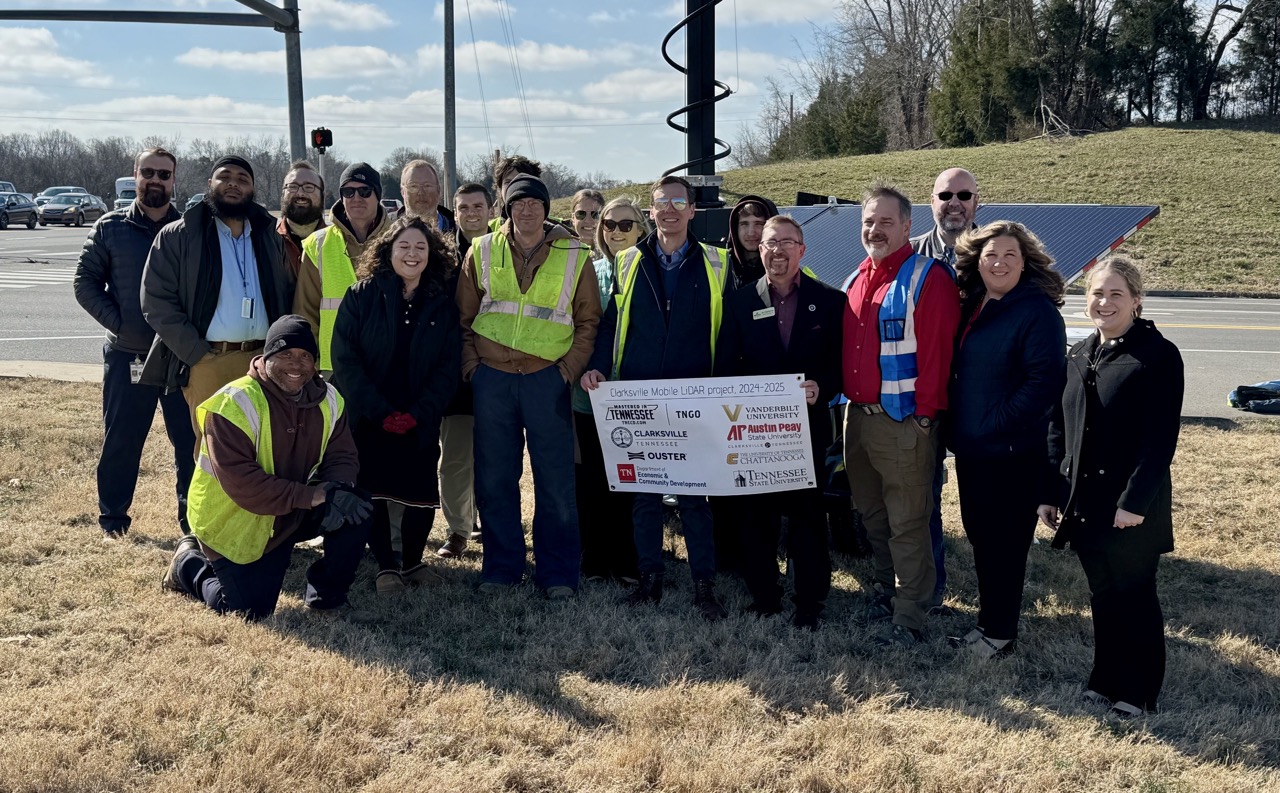
Austin Peay's GIS Center partners with Vanderbilt University to implement cutting-edge LiDAR technology at Clarksville intersections. The collaboration will analyze traffic patterns of vehicles and pedestrians to enhance public safety without compromising privacy through a state-funded TNGO initiative.
Read More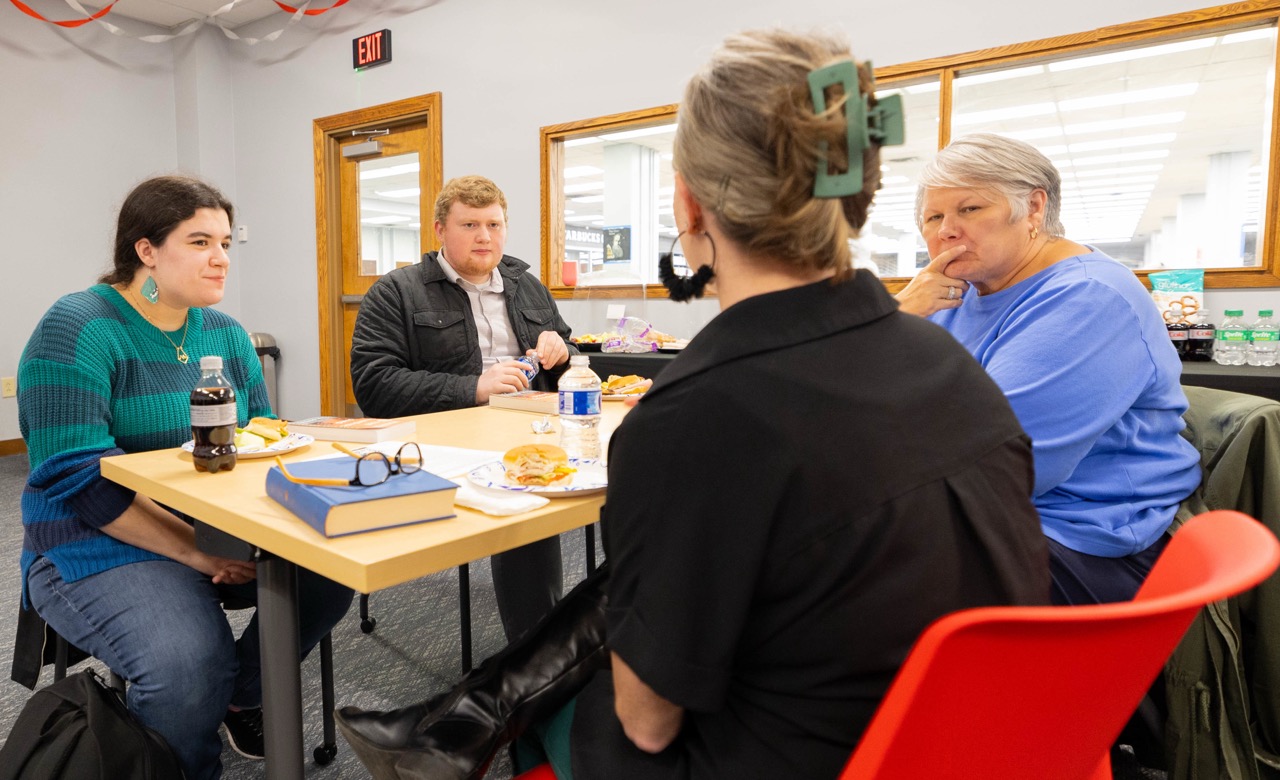
Austin Peay's Student Tennessee Education Association invites community members to discuss "Hidden Figures" on March 27 at Woodward Library. This free book club event celebrates pioneering Black female mathematicians and coincides with Women's Empowerment Month activities on campus.
Read More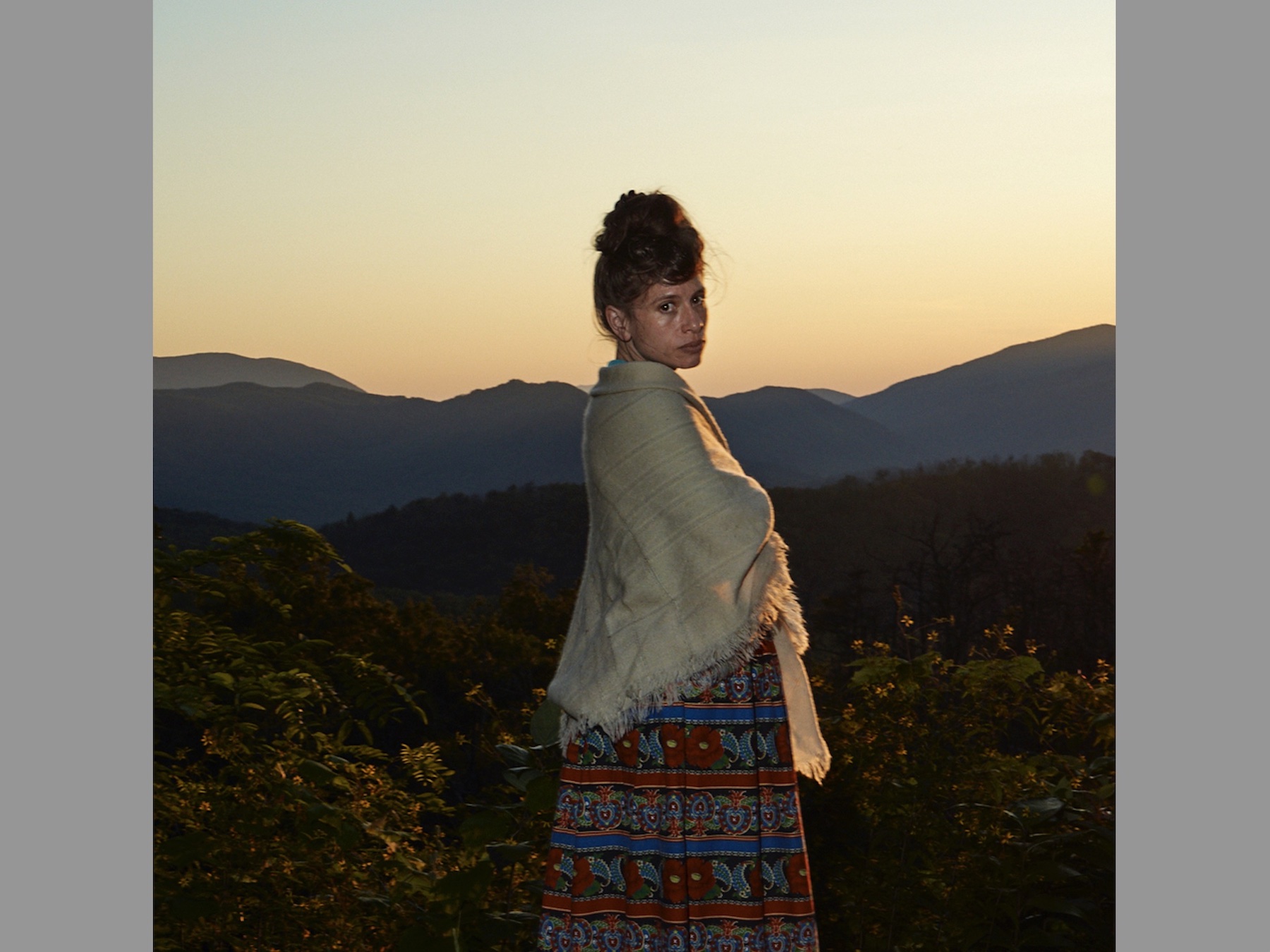
Award-winning Appalachian photographer Stacy Kranitz, recipient of Austin Peay's 2025 CECA Tennessee Artist Fellowship, will present at Nashville's Frist Art Museum on March 27. The free event showcases Kranitz's acclaimed documentary work exploring photographic representation limits.
Read More